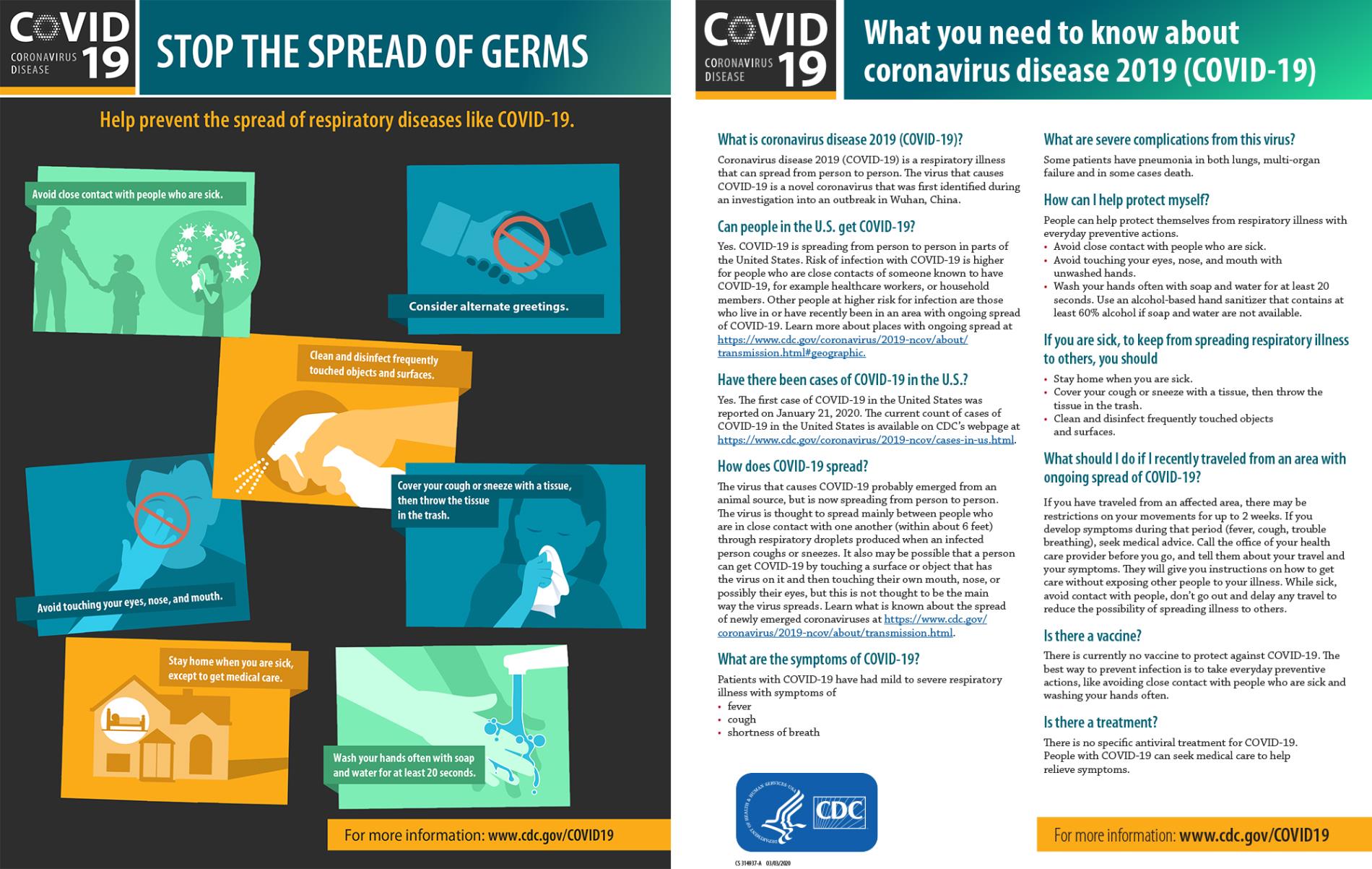Friend,
With all of the information about the coronavirus and precautions coming at you from many different angles, I wanted to follow up on my message from a few days ago to reiterate:
Seniors and individuals with compromised health are at a much greater risk of serious complications from COVID-19.
Just how much greater of risk? Of the first 803 people the Italian government reported who have died, 98% were 60 years of age or older. Data from other countries also show that older people have a much higher risk of death.
Everyone, especially seniors and those who are health-compromised, should take far more restrictive measures than we are right now. A nurse friend of mine recommended the following actions for seniors that may be useful:
1) Practice strict quarantine. Stay in your home, drive alone in your car, or walk by yourselves outdoors where others aren’t around. Avoid restaurants, movie theaters, shopping centers, and airplanes. Work from home until we know more. I know that may be impossible for you—it is for me in the Senate—but it’s sure worth a try.
2) Prepare your own meals at home. If you order delivered meals, have them left on the doorstep by specifying “no contact” delivery and make sure to heat them to kill any germs.
3) If you share your home with younger people, do your best to separate yourself by staying in different rooms. If that’s not possible, divide your space by creating a barrier with anything you can find, and keep younger folks who aren’t following a quarantine several feet away from the dividing line.
Even if you’re not a senior citizen or in a high-risk group, it’s critical that you limit social contact as much as possible. Younger people are not immune! It is incumbent on our younger people to limit the spread of COVID-19 and protect our communities.
The CDC issued strict new guidance regarding social distancing, which you can read here. Several states and localities have taken further precautions – please be sure follow the guidance of your state and local officials.
With the Senate reconvening in Washington this week, I also want to update you on my efforts in response to this pandemic. The relief package the House passed last week contains critical measures to help families in Utah and across the nation in the midst of the coronavirus outbreak, and the Senate should act swiftly on this legislation. We also urgently need to build on it with additional measures to help families, workers, and small businesses. As the Senate discusses additional relief measures, I’m pushing for the following:
- Send a one-time check for $1,000 to every American adult to help ensure families and workers can meet their short-term obligations and increase spending in the economy.
- Provide bridge grants from the Small Business Administration to qualified small businesses, helping them cover payroll and rent without forcing them into future bankruptcies.
- Ease the burden on students by allowing unexpected travel, housing, storage costs to factor in to Pell Grant award amounts.
- Defer the payment of student loans for a period of time to ease the burden of those who are just graduating now.
- Require insurance plans to temporarily cover telehealth for coronavirus-related services. This would help protect the health workforce and connect patients with providers.
More information on my proposals can be found here, and please know that I will keep working to provide necessary relief for Utahns.
My team and I will do our best to keep you informed and updated with the latest information. If you need help with a casework issue, please contact our office.
Stay well,


It’s critical that everyone stays informed about the coronavirus (COVID-19) and what you can do to protect yourself from it and other illnesses. If you have any questions, please be sure to speak with your health care provider and visit the Centers for Disease Control and Prevention’s website on the coronavirus. For Utah-specific updates on the coronavirus, Utahns should look to the Utah Department of Health and Governor Herbert's Coronavirus Task Force.
A brief summary of the CDC's best practices:
Practice good hygiene: Wash your hands thoroughly and often with soap and warm water—for at least 20 seconds. Cover your mouth when coughing or sneezing—preferably with a tissue or the inside of your elbow. And avoid touching your eyes, nose, and mouth. Wash hand towels frequently if you are using them to dry your hands.
Practice social-distancing: Avoid close contact with people who are sick and large social gatherings (considered 50 or more people). When in public, put distance between yourself and others.
Clean and disinfect frequently touched surfaces daily—including doorknobs, light switches, countertops, phones, and faucets.
Stay home if you are sick, except to get medical care. If you need to seek medical care, please follow CDC guidelines, like calling ahead before visiting your doctor.
 |